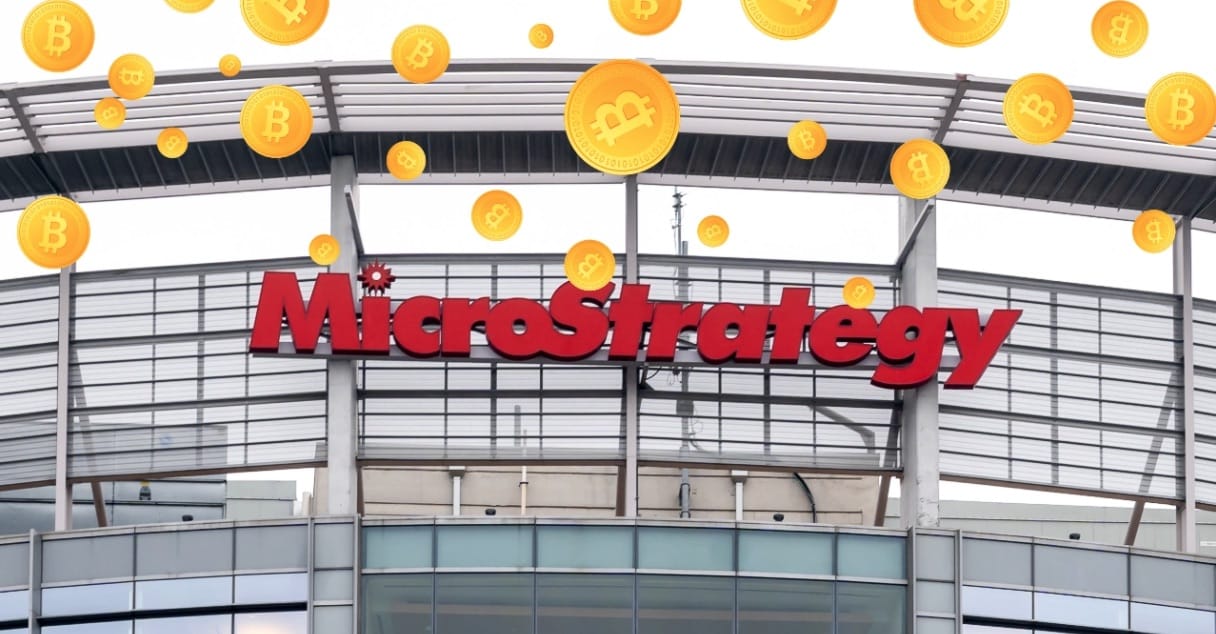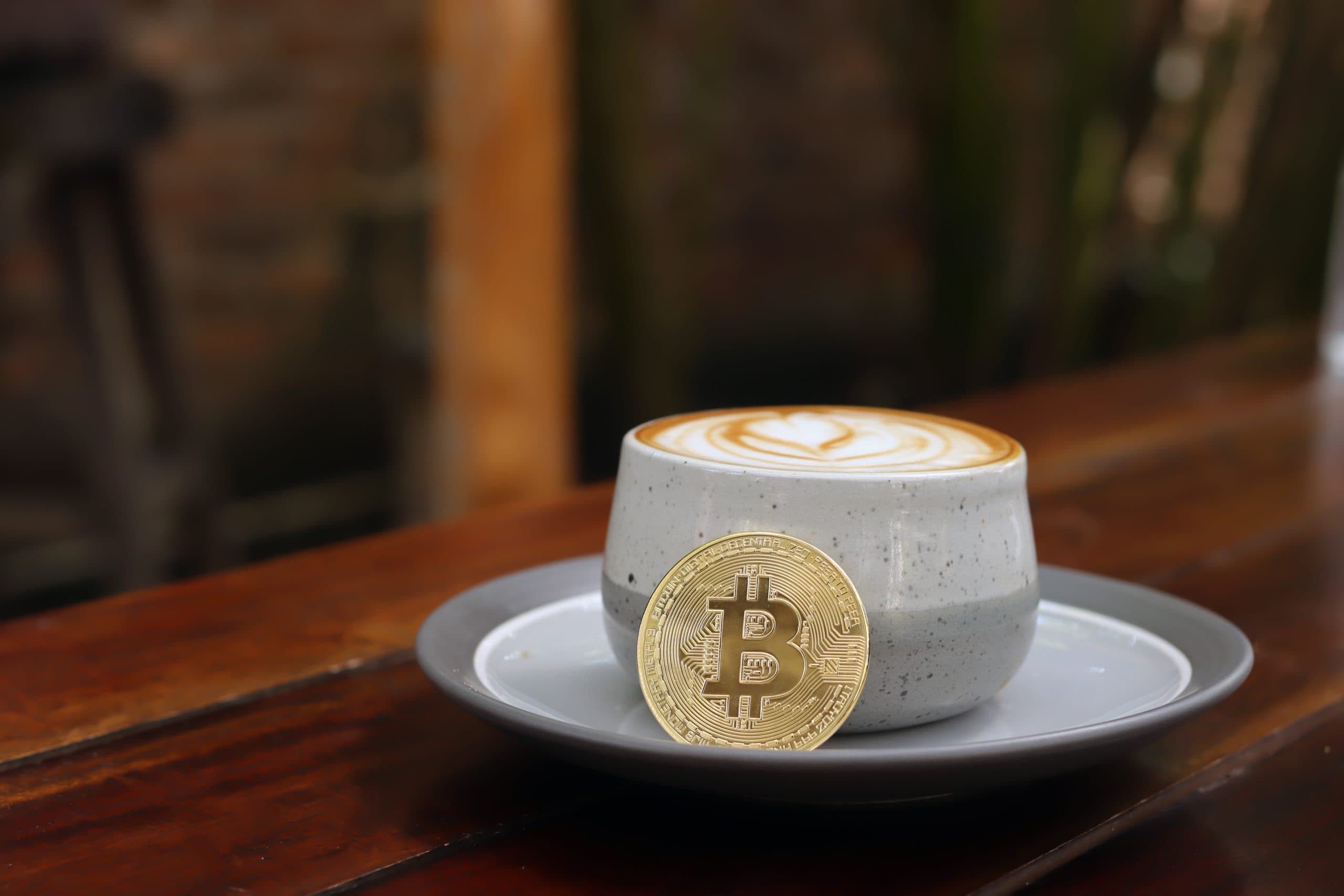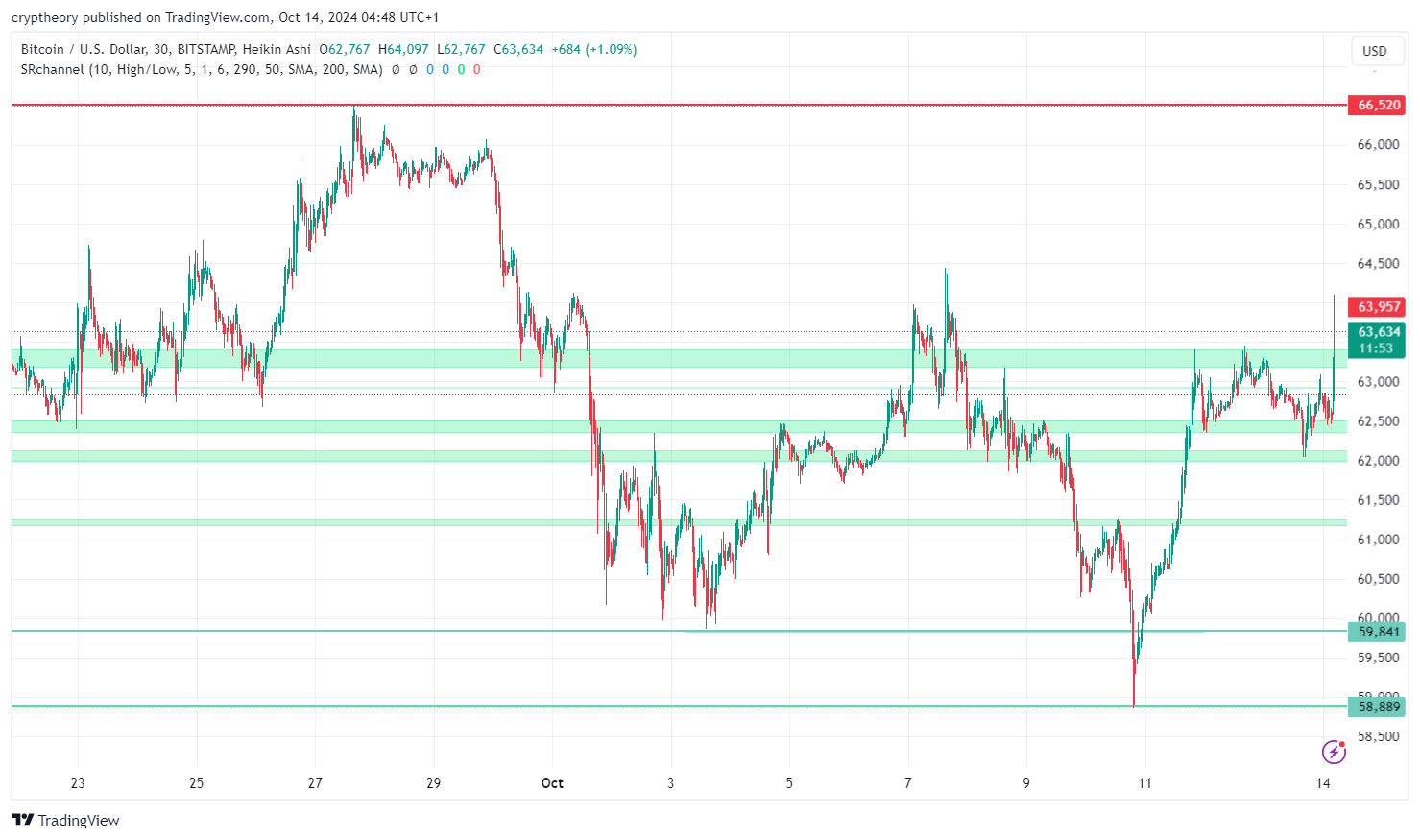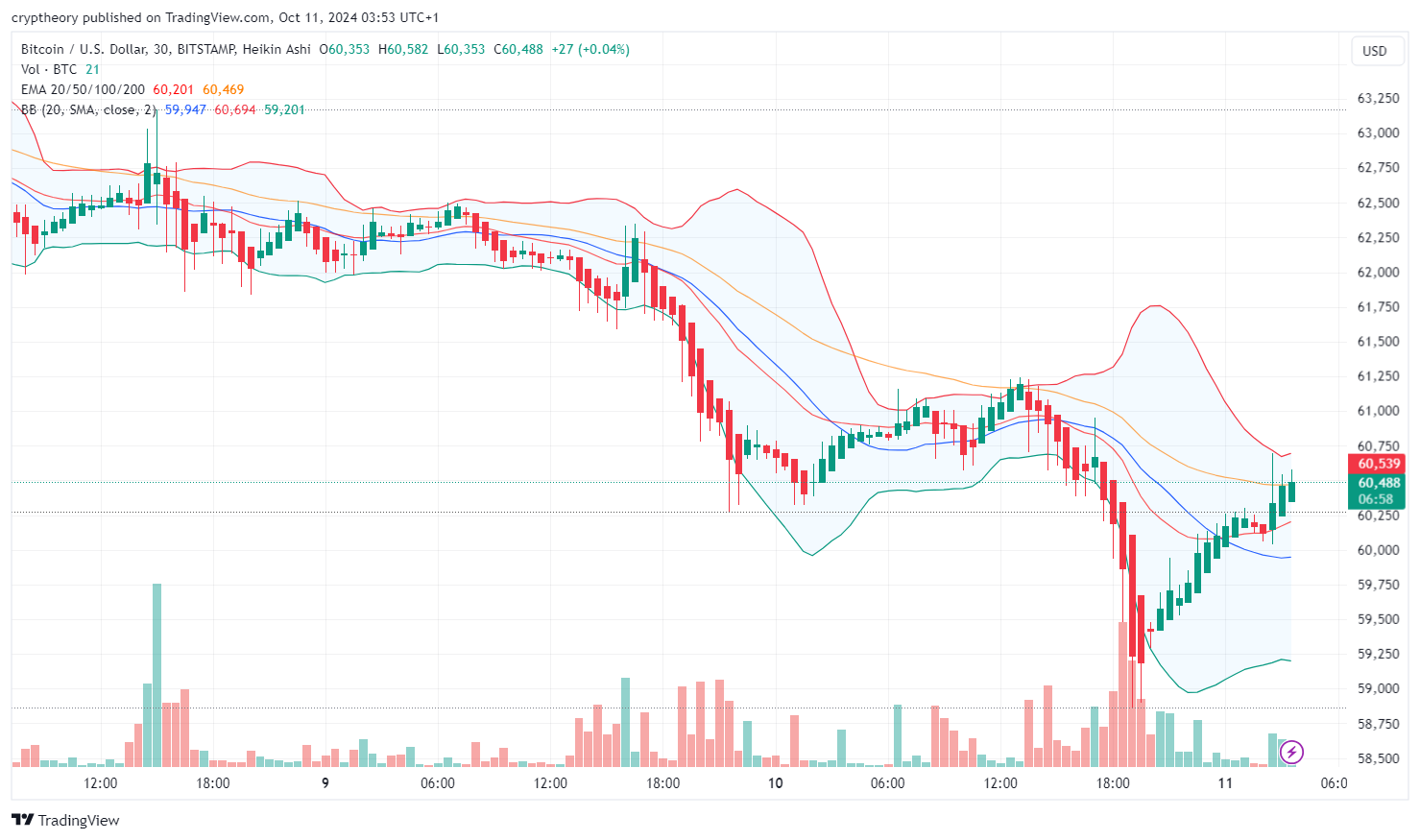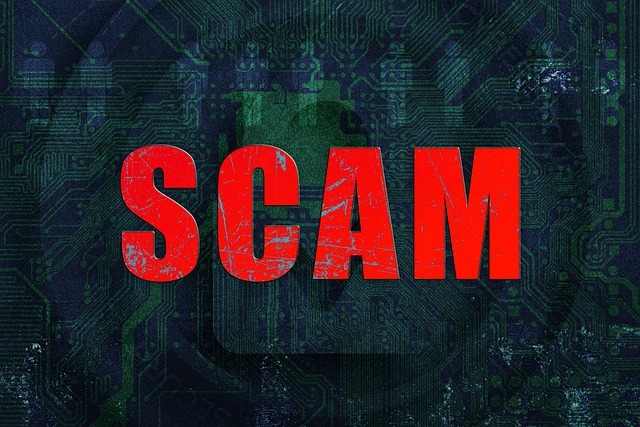Solana’s blockchain (SOL) suffered another denial of service (DDoS) attack, as journalist Colin Wu reported. The attack, said the journalist, took place in Wednesday morning (4), Chinese time.
The attack was carried out by a hacker who performed several spam transactions. Consequently, he even delayed some transactions on the network.
According to Wu, the problem was identified in SOL groups on the Telegram. Users also complained about the slowness of operations on Twitter. At the same time, the cryptocurrencies subtopic in reddit it was also crowded with complaints.
“A network that goes offline frequently will never be able to attract serious users. Imagine that you are trading a cryptocurrency and you are liquidated because the network went down. This happens on centralized exchanges, and Solana now natively brings that kind of user experience to the blockchain. What a wonderful innovation,” complained one user.
The network returned to normal operation from 19:00 local time. In total, the attack lasted about four hours. The Solana Foundation did not comment on the alleged attack.
Solana went down again at two o'clock in the morning (UTC+8) on January 4th. According to users of the official Telegram community, the attacker is suspected of using spam to conduct a DDoS attack.
— Wu Blockchain (@WuBlockchain) January 4, 2022
Third DDoS attack in six months
A DDoS attack will typically overwhelm or clog the network by sending multiple requests to the server. Consequently, these requests cause overhead, slowing down or even bringing down the application entirely.
For example, a cryptocurrency exchange receives a flood of hits on its website that does not reflect an actual demand, but rather an attack. As a result, the platform slows down or completely crashes, preventing users from performing withdrawals or other operations.
This was the third attack against the SOL network in less than a month, the second being DDoS. As reported by CriptoFácil, the network also suffered instability during an attack in December. The attack was identical to the one on Wednesday and also caused a slowdown on the network.
Also in December, SOL had 60% of its transactions canceled during the 15th of December. In some moments, the network went minutes without having any transaction approved.
The most serious attack, however, took place in September, taking SOL offline for 17 hours. This failure occurred after the launch of a token offer (IDO) on the Raydium decentralized exchange. A hacker used the fact and attacked the main network, preventing any activity from being carried out.
None of the attacks involved theft or loss of user funds, but rather the loss of trust in the network. Since September, SOL has been criticized for how vulnerable the network is to hackers.
“Only blaming hackers is dishonesty. A well-designed blockchain shouldn’t have attacks, nor can it be reset with every new vulnerability,” wrote one user.
Axie Infinity Releases Update and Teaser Trailer for New Lands




